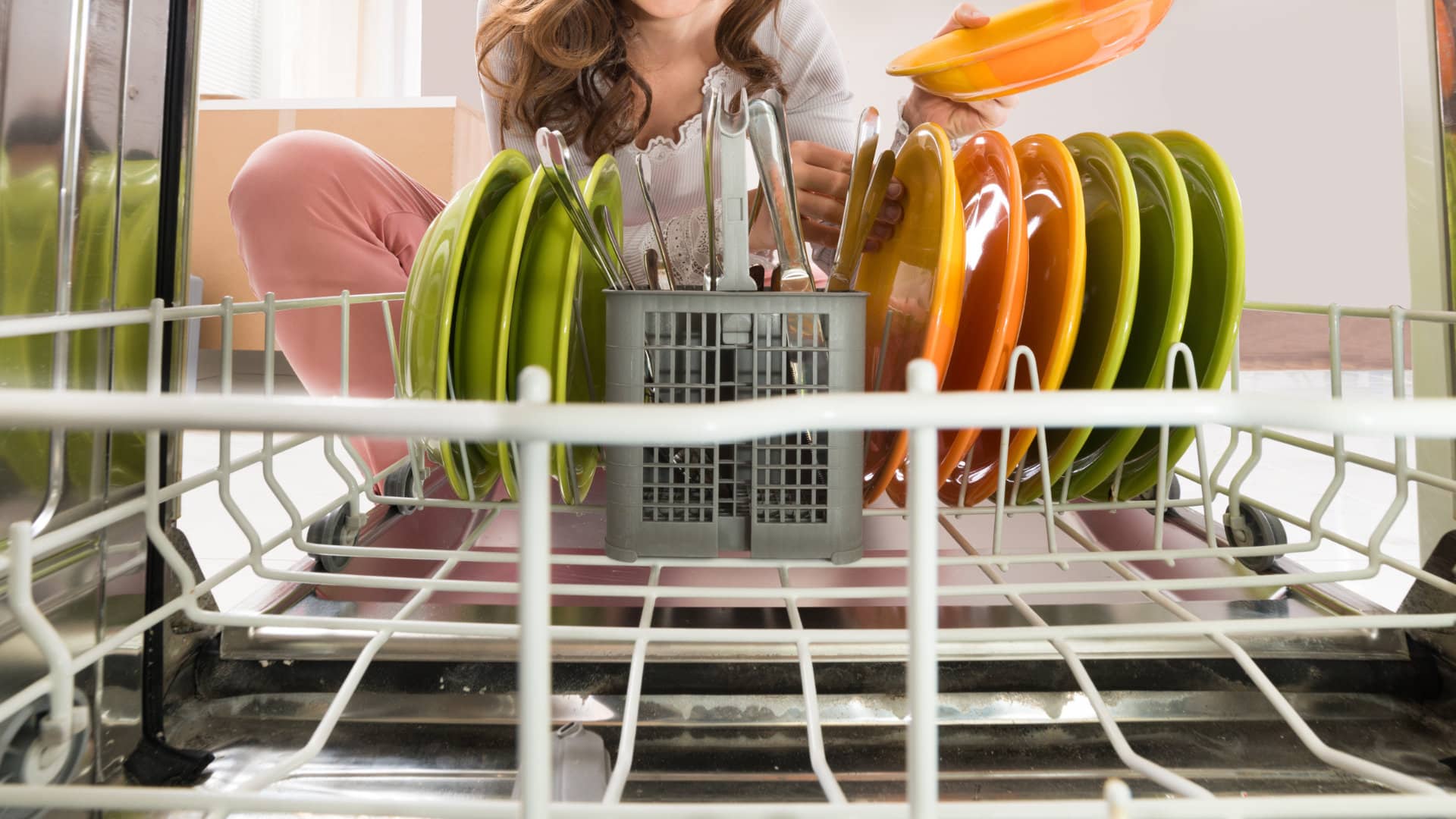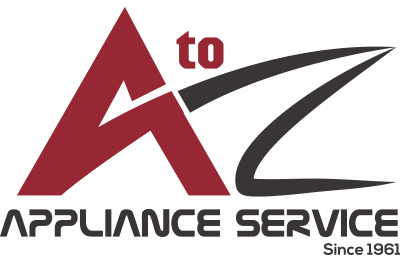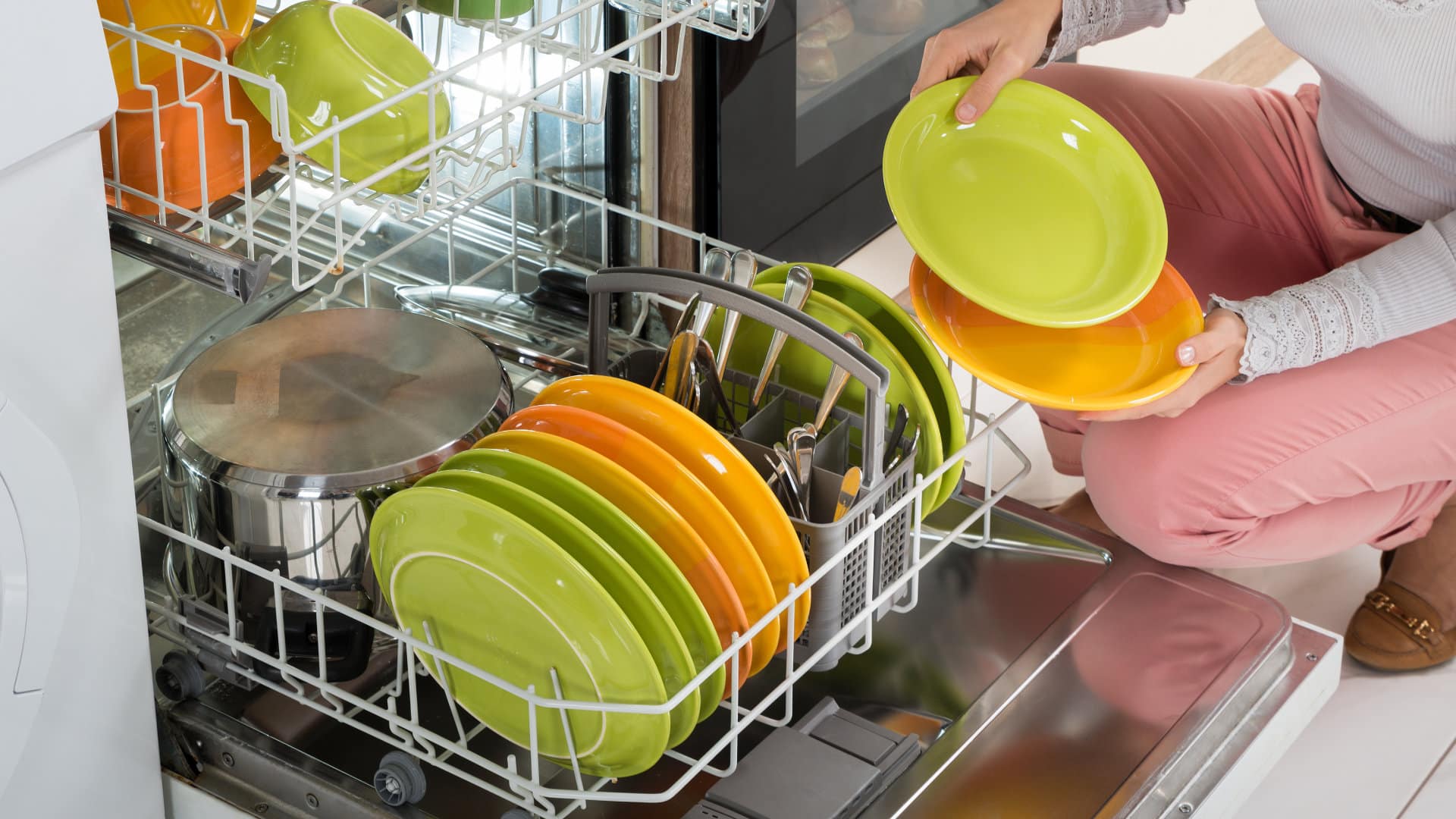
No one enjoys washing dishes by hand. We rely on dishwashers to make our lives easier, which is why it’s so frustrating when they start acting up. If you’ve noticed that your dishwasher doesn’t seem to be cleaning as well as it used to, don’t worry.
There are a number of different reasons a dishwasher might not be cleaning properly, and in this post, we’ll go over some of the most common ones.
Dirty Filters
One of the first things you should check if your dishwasher isn’t cleaning properly is the filters.
Over time, food particles, grease, and other debris can build up in the dishwasher’s filters, causing them to clog. When this happens, water can’t flow through the machine properly, so your dishes won’t get clean.
To avoid this problem, clean your dishwasher filters regularly. Most dishwashers have removable filters that you can simply rinse off in the sink or dishwasher. Check your owner’s manual to see where the filters are located and how to remove them.
Once you have removed them, give them a good scrub in the sink under running water. Be sure to take the filter apart.
If the filters are exceptionally dirty, you can soak them for about ten minutes in soapy water. This will help loosen the stuck-on grime and grease.
Once you’ve finished scrubbing and reassembling the filter, place it back in the dishwasher.
Underneath the filter is the drain. This, too, can become clogged with debris that slips through the filter. While cleaning the filter, be sure to check the drain as well. Remove any visible food residue. You can also deep clean the drain using a blend of equal parts baking soda and vinegar. The fizzing will help loosen any large chunks of debris deeper in the drain.
Improper Loading
Another common cause of poor dishwasher performance is improper loading. If you load your dishwasher incorrectly or fill it too full, water won’t be able to reach all of the dishes, which means that some of them won’t get clean.
Make sure that you’re loading your dishwasher according to the manufacturer’s instructions. Arrange your dishes so that they’re not crowding each other or blocking the spray arms.
Also, be sure to scrape excess food off your dishes before putting them in the dishwasher. Large chunks of food can clog the spray arms and the filter and get trapped between dishes, which will prevent water from reaching your dishes.
Hard Water
If you live in an area with hard water, you may notice that your dishwasher isn’t cleaning as well as it used to. Hard water causes mineral buildup in your dishwasher’s pipes, drains, and even on your dishes, making them look cloudy or dirty.
Additionally, hard water can cause mineral buildup inside your dishwasher, leading to clogs and poor performance.
To combat hard water, try using a dishwasher detergent with a built-in water softener or add a separate water softener to your dishwasher. You can also use a dishwashing detergent with a rinse aid, which can help prevent mineral buildup.
Clogged Spray Arms
The dishwasher’s spray arms are responsible for spraying water throughout the machine. If they become clogged with food particles or mineral buildup, water won’t be able to flow through them properly, so your dishes won’t get clean.
To fix this problem, remove the spray arms from your dishwasher and clean them thoroughly. You can use a toothbrush to remove any clogs or buildup. For an even deeper clean, you can use a toothpick or piece of wire to thoroughly clean the nozzles. Once the spray arms are clean, reattach them to your dishwasher and run a cycle to see if performance has improved.
Poor Water Pressure
Poor water pressure in your dishwasher can also lead to poor performance. Low water pressure can prevent the spray arms from rotating properly and means that their spray will be weaker, reaching less of the dishes, which means that dishes won’t get cleaned.
If you’re experiencing low water pressure, check to make sure that the water supply hose is secure and there are no kinks or blockages in the line. If there are any kinks, consider replacing the water supply hose as a precaution.
Also, make sure the water supply is fully open. You can find the water supply under the sink. The knob handle should be parallel to the water supply hose. Finally, check your home’s water pressure to see if it is at an optimal level for dishwashers. You can use a water pressure gauge to do this. If the water pressure in your house is low, you may need to contact a plumber to adjust the water pressure in your home.
Malfunctioning Parts
If you’ve checked all of the above issues and your dishwasher still isn’t cleaning properly, you may have malfunctioning parts. The motor, pump, and other components of your dishwasher can wear out over time, leading to poor performance.
If you suspect that this is the case, it’s best to call a professional to diagnose and repair the problem. Trying to fix a malfunctioning dishwasher yourself could be hazardous and can even cause further damage to your machine.
There’s nothing worse than a dishwasher that doesn’t clean your dishes properly. Fortunately, most of the typical causes of poor dishwasher performance are relatively simple to fix.
By checking your filters, loading your dishwasher correctly, using the right detergent, and cleaning your spray arms, you can improve your dishwasher’s performance and get your dishes sparkling clean once again.
If you’ve tried everything and your dishwasher still isn’t working properly, don’t hesitate to call in a professional. A trained dishwasher repair technician can diagnose the problem and recommend the best course of action.
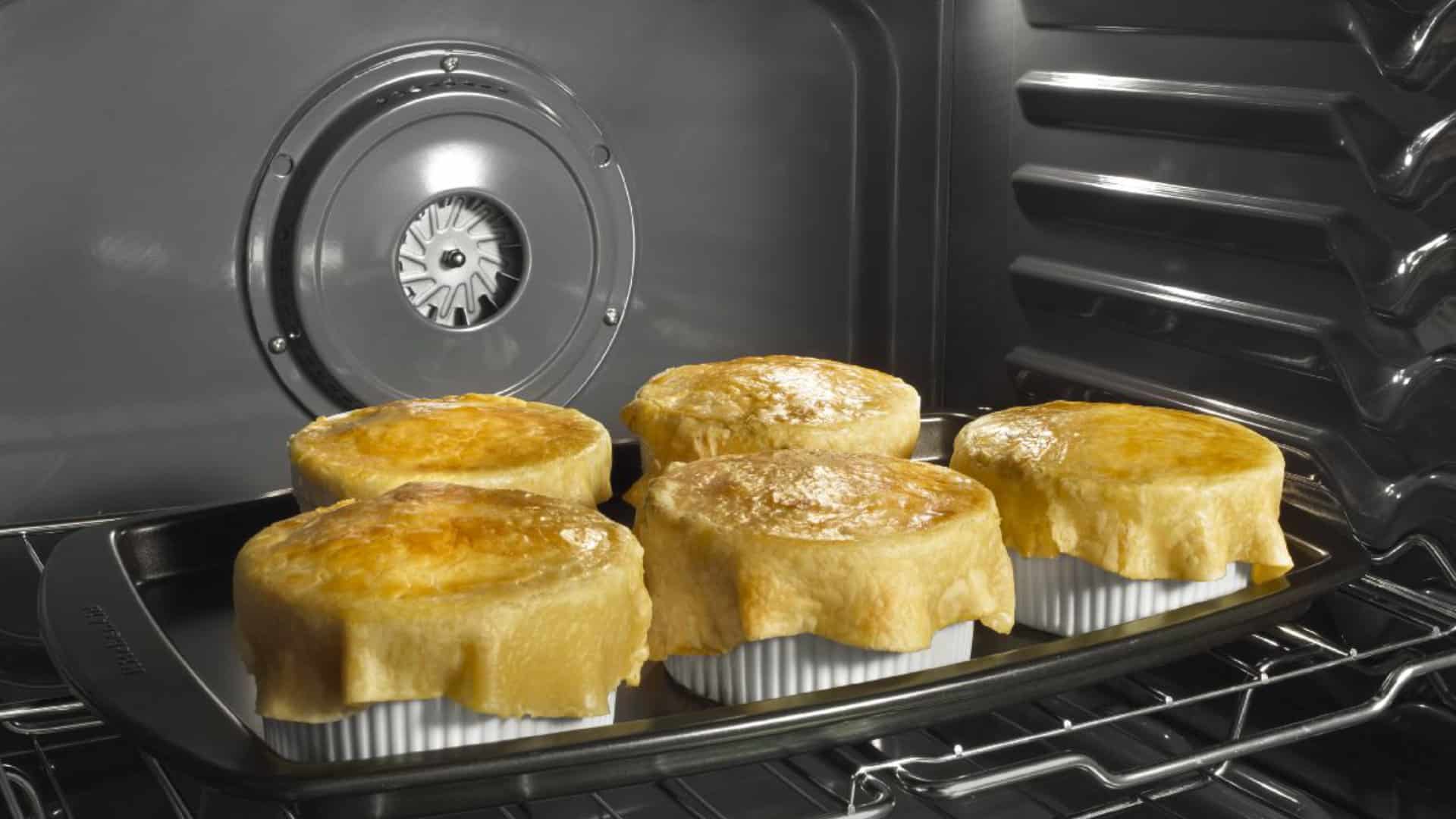
How to Fix Whirlpool Stove F9 Code
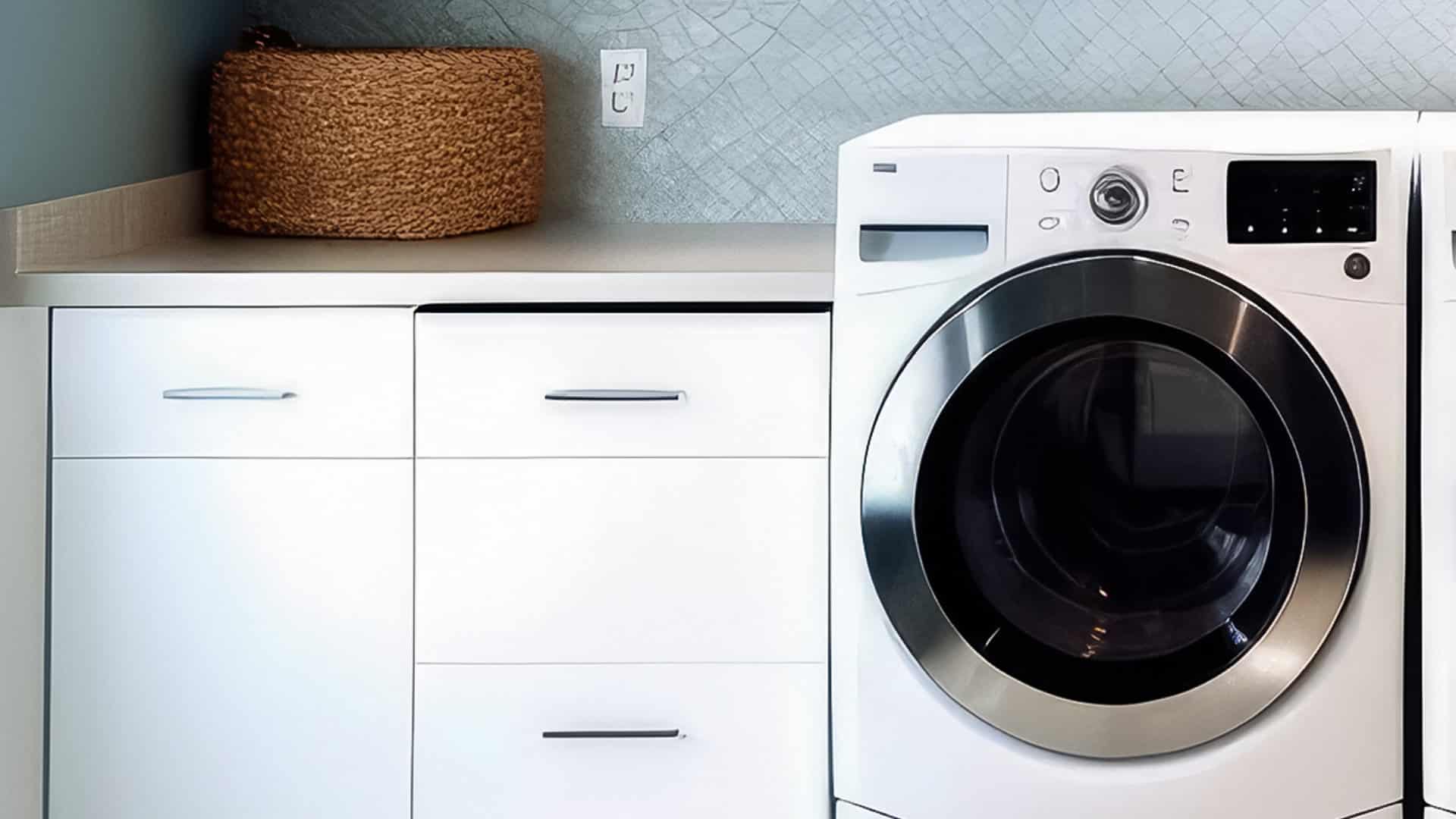
Fix Whirlpool Duet’s F20 Error Code
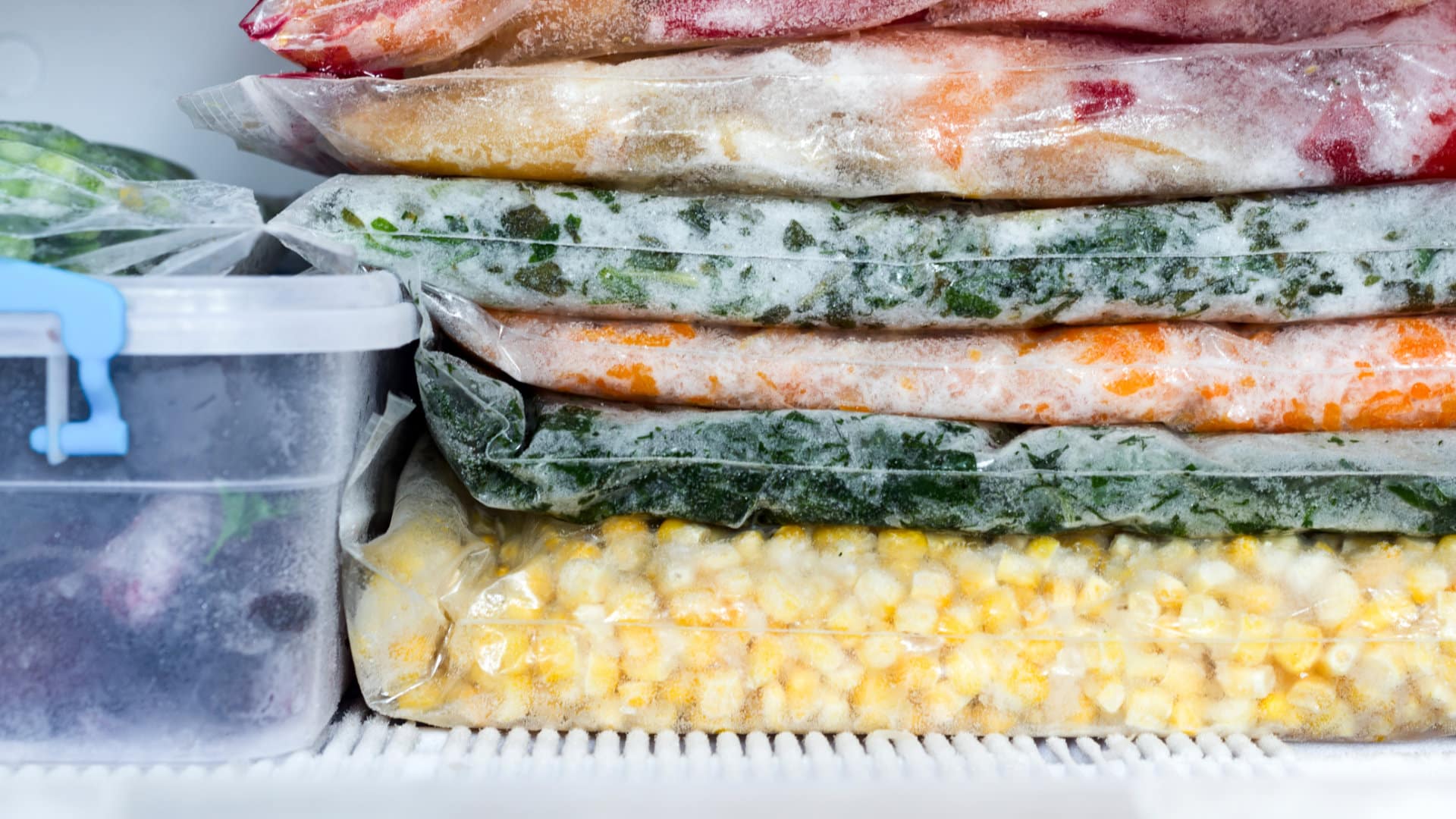
Freezer Working But Not Fridge? 5 Fixes
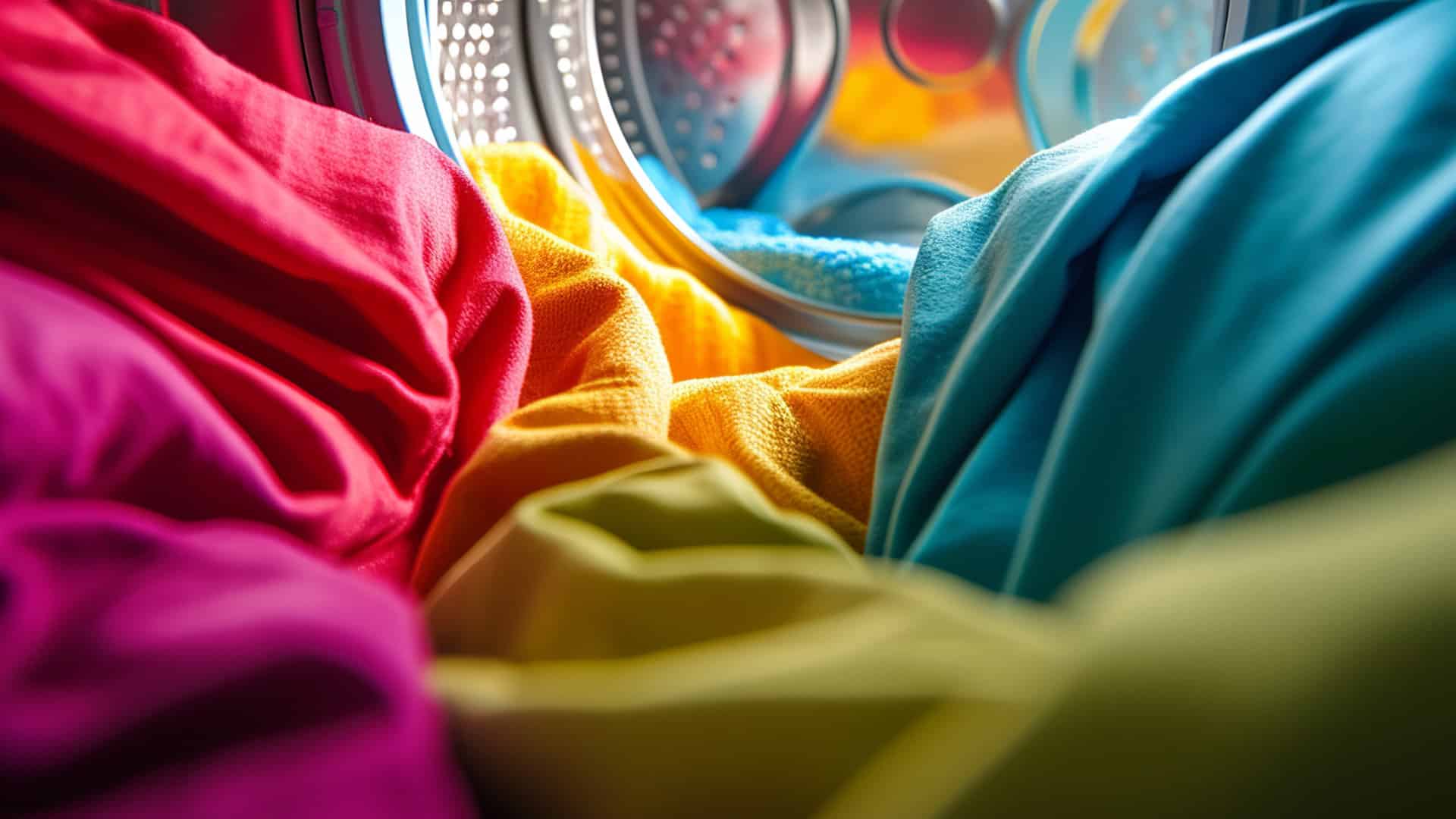
Speed Queen Washer Error Codes Explained
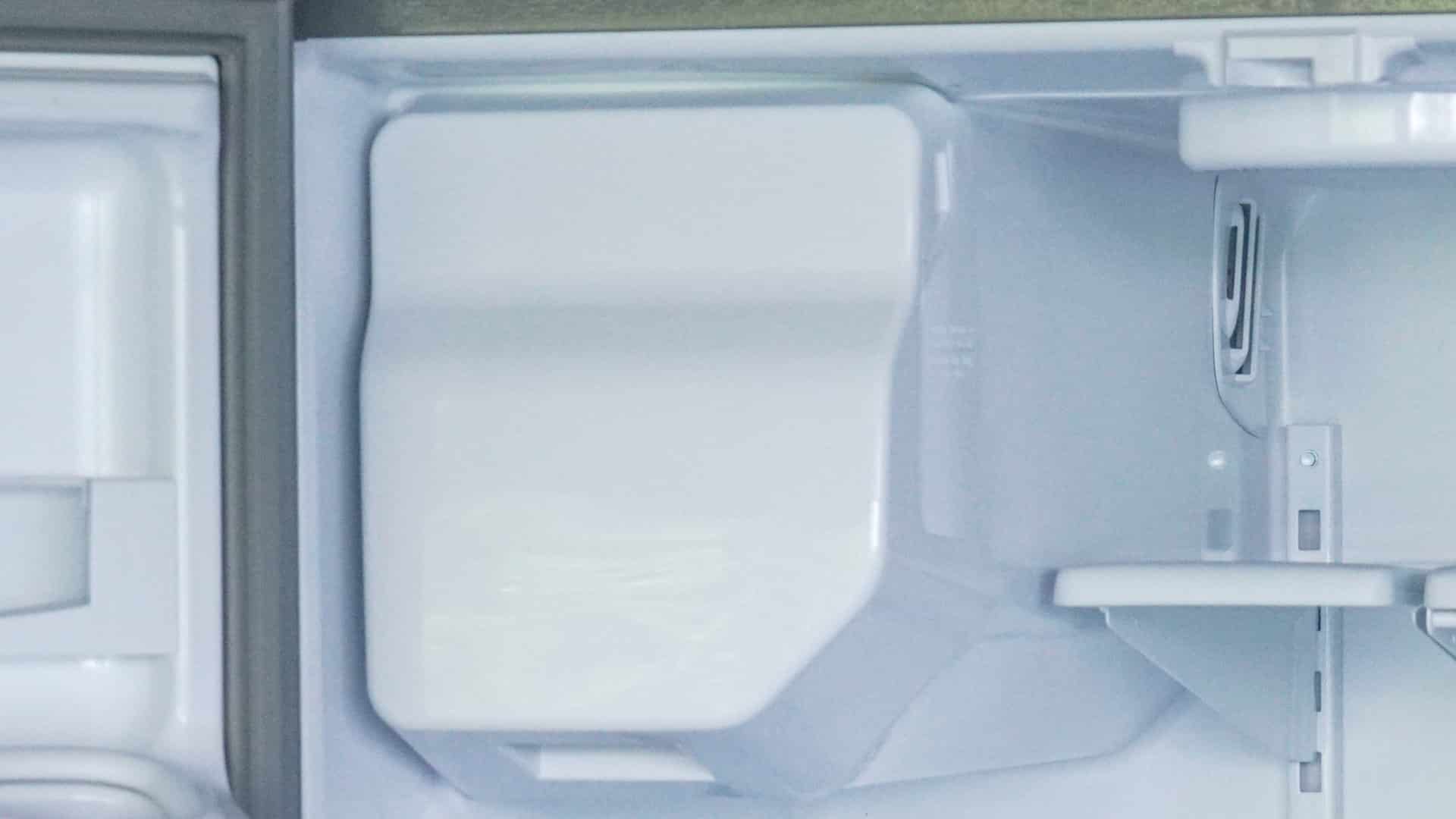
7 Reasons Why Your KitchenAid Ice Maker Isn’t Working
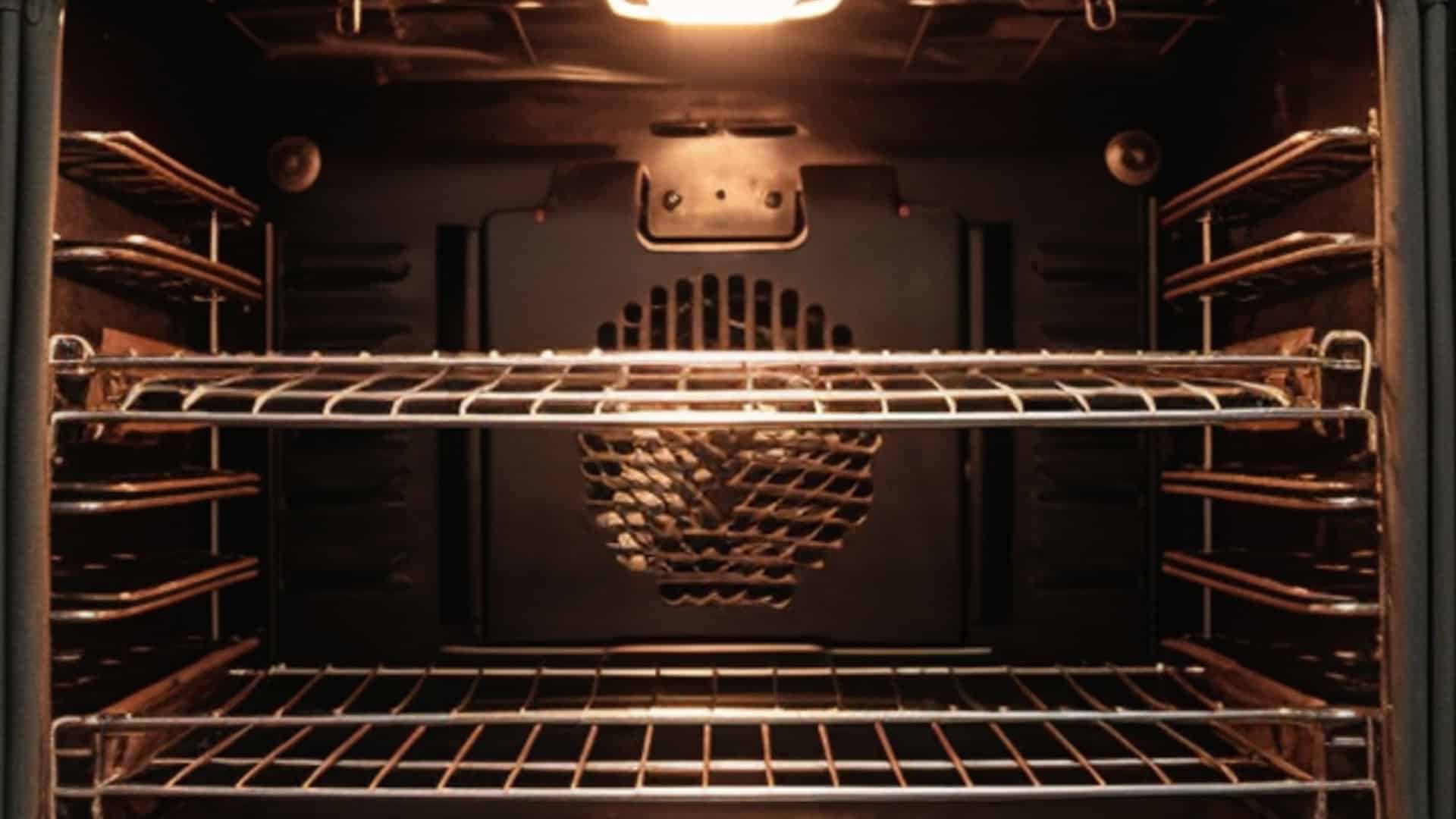
LG Oven F9 Error: Here’s How to Fix It
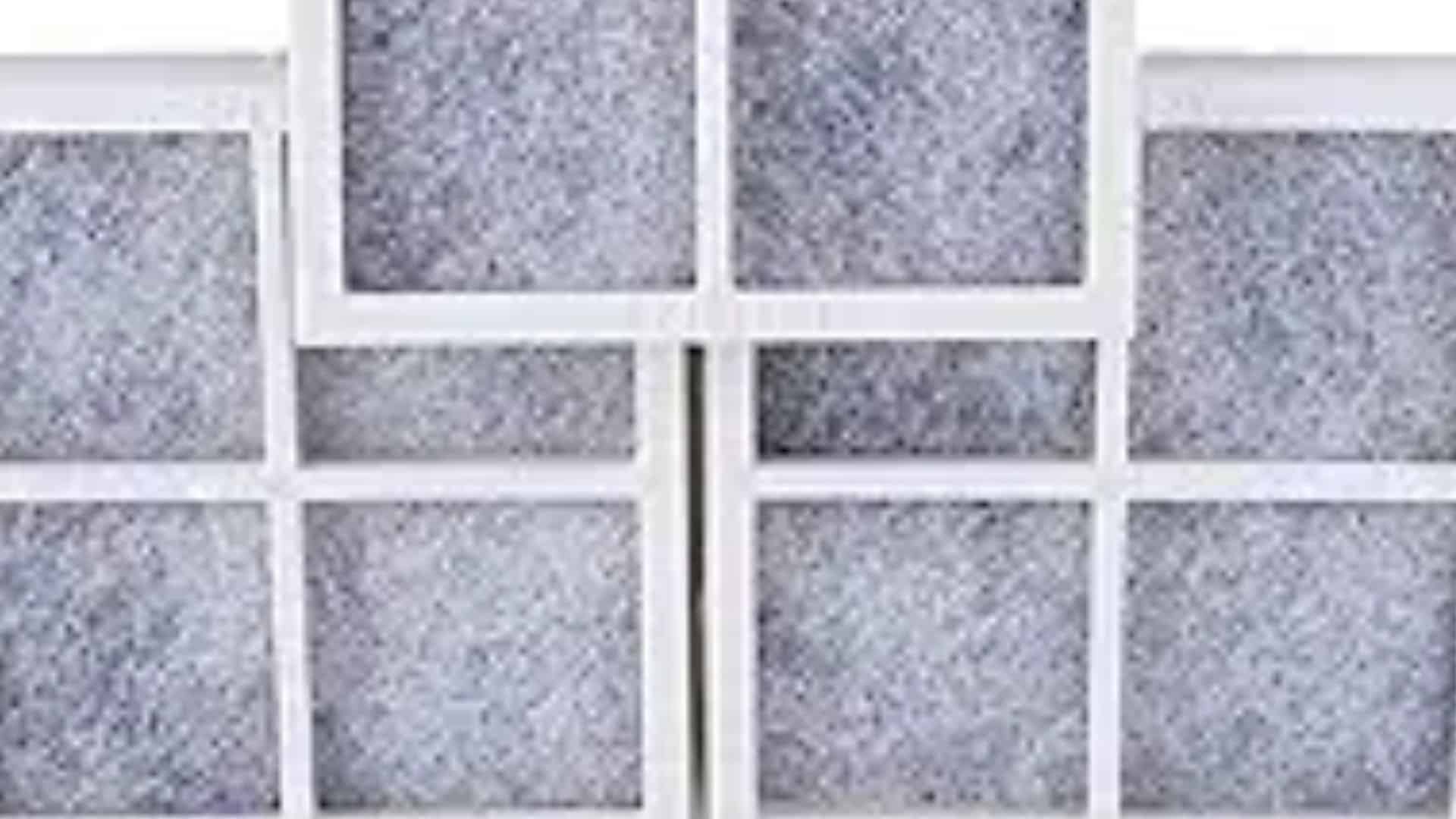
How to Replace an LG Refrigerator Air Filter
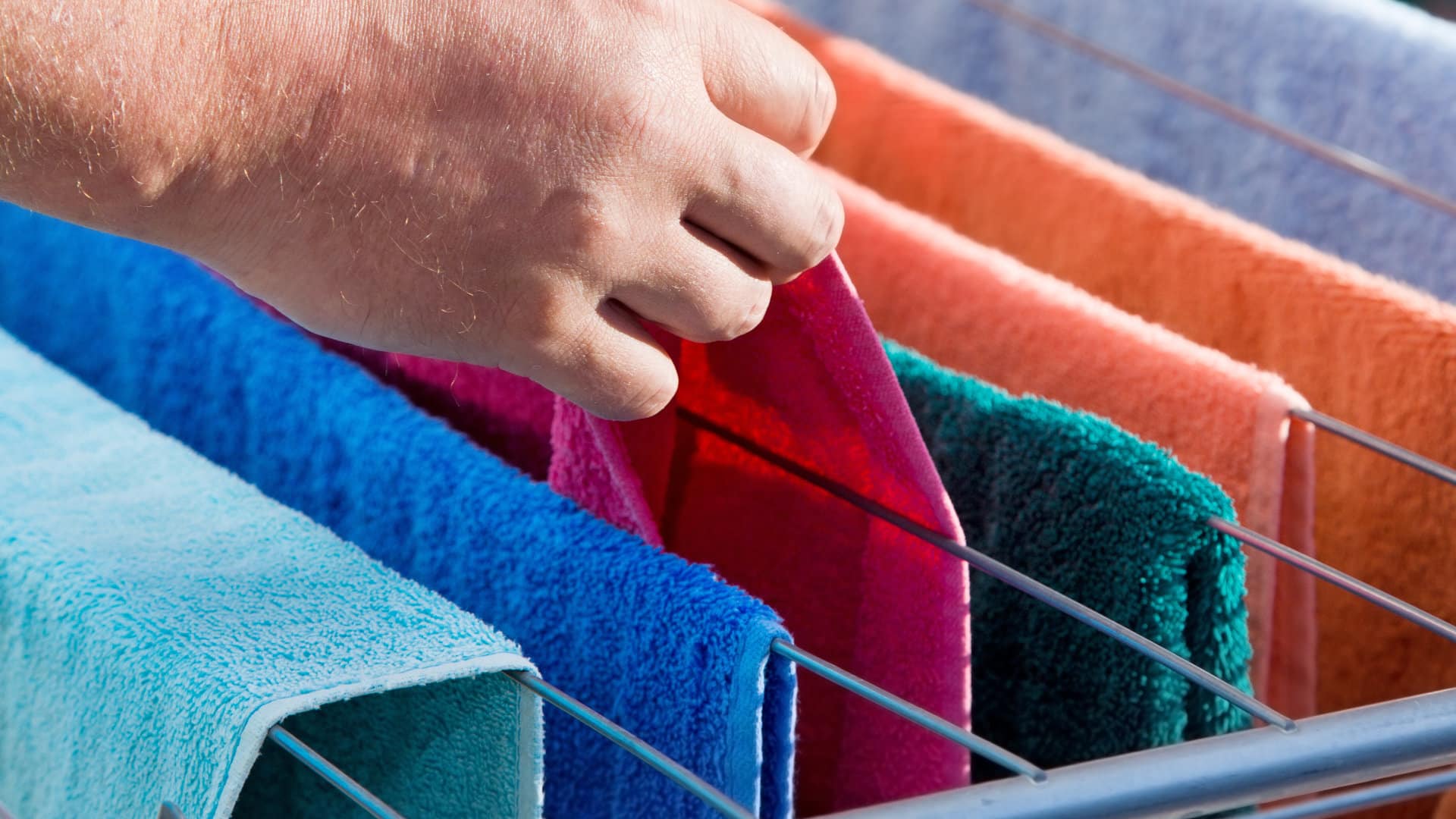
What Do Dryer Sheets Do?
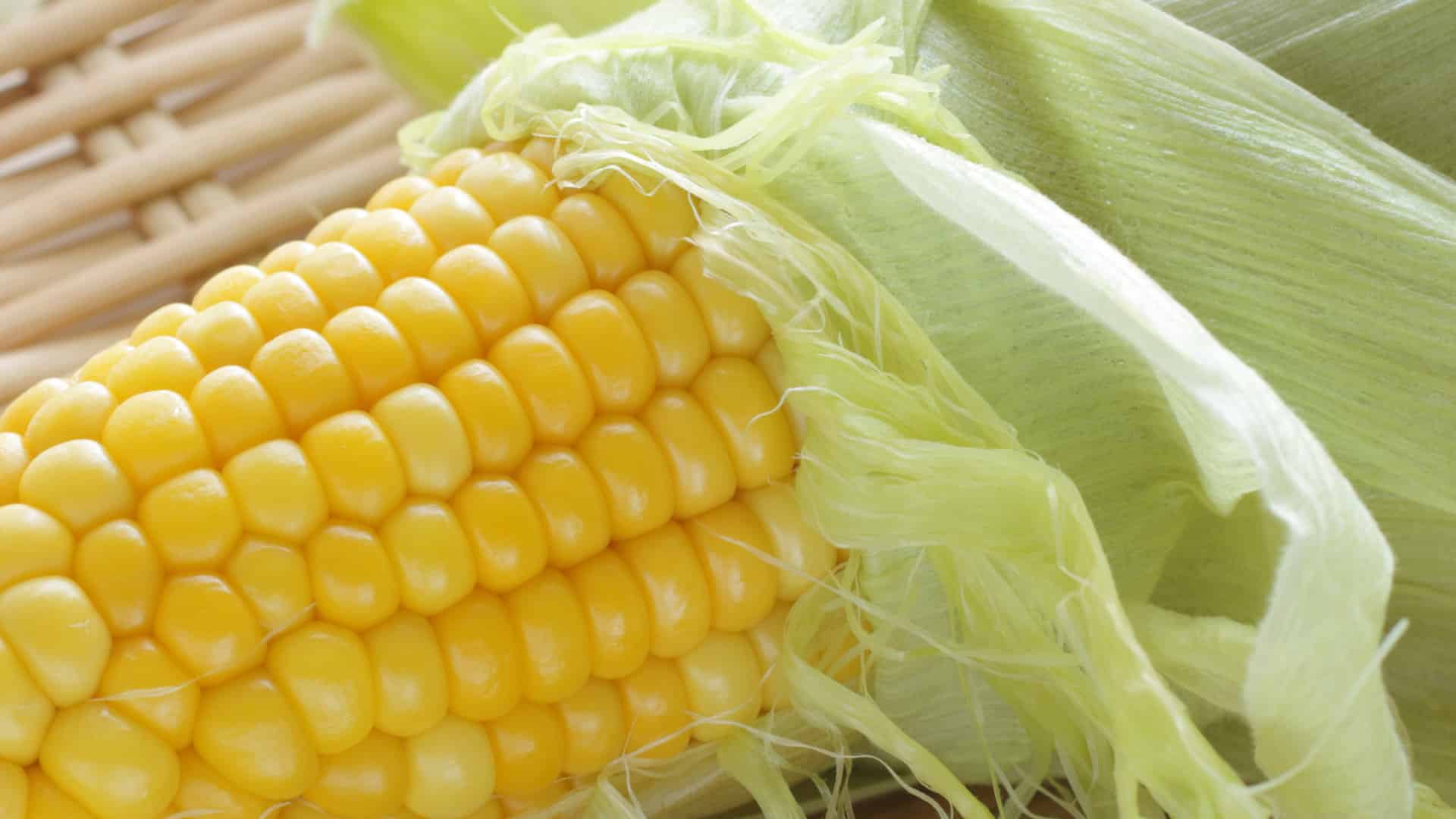
How to Cook Corn on the Cob in the Microwave
